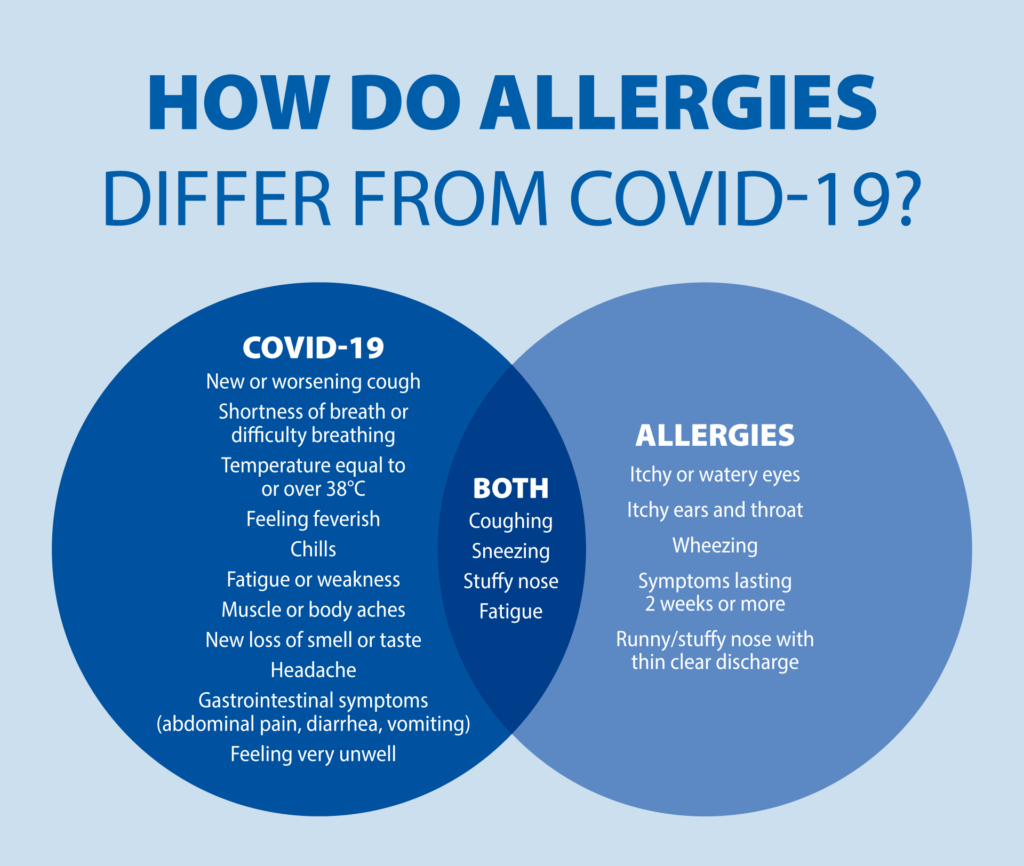
Vitamins & Minerals
Vitamins are organic substances, which means they come from living sources—plants and animals— and each vitamin has a special role to play in keeping our bodies healthy. Some vitamins are water-soluble (vitamins C and the B complex vitamins), and others are fat-soluble (vitamins A, D, E, and K). Water-soluble vitamins are readily absorbed by the body, and any of these vitamins that is taken in and not used right away is quickly excreted in the urine. That means we must get a fresh supply of these vitamins regularly. Fat-soluble vitamins are dissolved in fats. Unlike water-soluble vitamins, excess amounts of fat-soluble vitamins are stored in the body and can reach toxic levels. Some vitamins, such as vitamins A, C, and E, are referred to as antioxidants. Antioxidants may prevent or delay some types of cell damage, and they have been credited with many health benefits. Minerals are inorganic substances found in water and soil. Our bodies need more of some minerals (such as calcium, sodium, and potassium) but only very small amounts of others (including copper, iodine, and zinc).
The following below explains some of the ways vitamins and minerals work to keep our bodies healthy and functioning properly:
Vitamins
Vitamin A (retinol)
• Protects the eye; necessary for vision
• Helps keep skin, tissues, bones, and immune system healthy
Vitamin B1 (thiamine)
• Converts food to energy
• Needed for healthy blood, brain, skin, hair, muscles, brain, and nerve function
Vitamin B2 (riboflavin)
• Converts food to energy
• Needed for healthy blood, brain, skin, and hair
Vitamin B3
(niacin, nicotinic acid)
• Converts food to energy
• Needed for healthy blood cells, skin, brain, and nerve function
Vitamin B5 (pantothenic acid)
• Converts food to energy
• Helps make necessary body substances: lipids (fats), neurotransmitters, steroid hormones, and hemoglobin
Vitamin B6 (pyridoxine)
• May reduce the risk of heart disease
• Helps regulate sleep, appetite, and mood
• Needed for making blood cells
• Influences immune system and cognitive ability
Vitamin B7 (biotin)
• Converts food to energy
• Needed for healthy hair and nails
• Supports a healthy pregnancy
• Helps manage blood glucose (sugar) levels
Vitamin B9 (folic acid, folate, folacin)
• Vital for creating new cells
• Helps prevent brain and spine birth defects when taken early in pregnancy
• May reduce risk for heart disease, colon cancer, and breast cancer
Vitamin B12 (cobalamin)
• May lower risk of heart disease
• Helps make new cells
• Protects nerve cells
Vitamin C (ascorbic acid)
• Protects against cell damage
• Lowers the risk of some cancers
• Strengthens the immune system
• Helps make collagen (necessary for wound healing)
• Long-term use of supplemental vitamin C may protect against cataracts
Vitamin D (calciferol)
• Helps strengthen bones and teeth
• Supplements may reduce non-spinal fractures
Vitamin E (alpha tocopherol)
• Protects against cell damage
• Protects vitamin A and certain lipids (fats) from damage
• Diets rich in vitamin E may help prevent Alzheimer’s disease
Vitamin K (phylloquinone)
• Necessary for blood clotting
• May help prevent fractures
Minerals
Calcium
• Builds and protects bones and teeth
• Needed for muscle control, blood clotting, nerve transmission, activating enzymes, and secreting hormones
• Helps control blood pressure
Chlorine
• Balances body fluids
• Essential for digestion
Chromium
• Enhances activity of insulin
• Helps maintain blood glucose (sugar) levels
Copper
• Helps make red blood cells
• Needed for iron metabolism
• Supports immune system health
Fluoride
• Needed for bone formation
• Helps keep dental cavities from forming or worsening
Iodine
• Helps thyroid functioning
• Supports nerve and muscle health
Iron
• Needed for chemical reactions in the body
• Helps form red blood cells
• Plays a role in moving oxygen throughout the body
Magnesium
• Needed for many chemical reactions in the body
• Builds bones and teeth
• Necessary for muscle contraction, blood clotting, and regulation of blood pressure
Manganese
• Helps form bones
• Needed for metabolism of amino acids, cholesterol, and carbohydrates
Molybdenum
• Is part of several important enzymes
Phosphorus
• Converts food to energy
• Helps build and protect teeth and bones
Potassium
• Balances body fluids
• Maintains steady heartbeat, nerve impulses, and muscle contraction
Selenium
• Acts as an antioxidant, neutralizing molecules that can damage cells
• Helps regulate thyroid hormone activity
Sodium
• Balances body fluids
• Needed for muscle contractions
• Influences blood pressure
Sulfur
• Stabilizes proteins
• Needed for healthy hair, skin, nails
Zinc
• Needed for creating new cells and the formation of enzymes and proteins
• Plays a role in immune system health, taste, smell, wound healing
• When taken with antioxidants, it may delay the progression of age-related macular degeneration

How much is enough?
The amount of vitamins and minerals a person needs depends on a number of factors including the person’s age, general health, eating habits and, if the person is a woman, if she is pregnant or breastfeeding. A healthcare provider is in the best position to help you decide if you are getting all of the nutrients you need from your diet. If a supplement would be right for you, your London Drugs pharmacists can help you select the one that best meets your personal needs.
Supplements
The best way to get the vitamins and minerals we need is to follow Canada’s Food Guide and eat a variety of healthy foods, but we don’t always do that. And sometimes even eating a healthy diet doesn’t provide all of the nutrition we need. A supplement can help fill in the gaps. If you are short of only one or two nutrients, you may only need a supplement that provides a specific vitamin or mineral; however, if you aren’t getting enough of a number of nutrients, a multivitamin and mineral supplement might be right for you. Vitamin and mineral supplements are available in a variety of forms, including tablets, capsules, gel caps, gummies, and liquids. The supplement that is best for you will depend on how it works in the body and how you prefer to take it. For example, some work best in dry form, making a tablet or capsule the best dosage form; others work faster when taken as a liquid. If you have difficulty swallowing pills or capsules, you may prefer a liquid or chewable form. If you need help, your London Drugs pharmacist can advise you on what vitamins and minerals you may need and which dosage forms will work best for you.
Natural health products
Natural health products are substances that occur naturally and are used to maintain or restore good health. They may be derived from plants, animals, or microorganisms. While natural products are generally considered safe and have few side effects, they are not risk-free. It is important to remember that “natural” doesn’t necessarily mean “safe.” The chances of having a negative reaction to a natural health product increase when you combine supplements or use them along with medicines (prescription or over-the-counter), nicotine, caffeine, or alcohol. Talk with a healthcare professional before deciding to use a natural health supplement. This is particularly important for children, seniors, pregnant or breastfeeding women, and people with serious medical conditions.


















